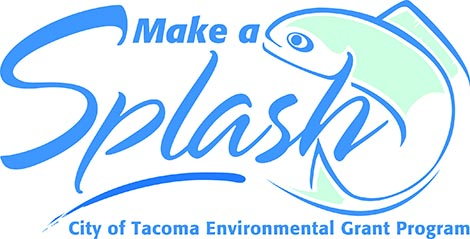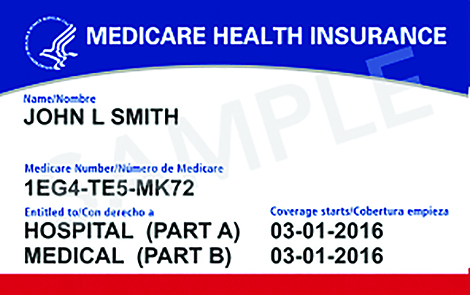June is Alzheimer’s and Brain Awareness Month, and the Alzheimer’s Association, together with advocates in the early stages of the disease, are encouraging families to talk about memory and cognition concerns sooner.
These advocates know first-hand that an early diagnosis offers many benefits, including access to more effective medical and lifestyle interventions and the ability to take an active role in planning with family members for the future, Darrell Foss, a member of the Alzheimer’s Association’s Early-Stage Advisory Group, which is comprised of people in the early stages of Alzheimer’s.
“Too often, people experiencing symptoms, or family members seeing them, wait to speak up, even when they know something is wrong. It can be scary, but that is why I’m sharing my personal experience – to illustrate why talking about Alzheimer’s concerns early is so important,” Foss said.
To help people understand early symptoms of Alzheimer’s or behaviors that merit discussion, the Alzheimer’s Association offers 10 warning signs. Should these signs appear, it is important to talk about them with the person experiencing symptoms and encourage them to speak with a medical professional.
“Unfortunately, people often avoid conversations due to denial, fear, anxiety, lack of awareness and difficulty having hard conversations about health issues, particularly with Alzheimer’s or other dementias due to stigma and perceptions associated with the disease,” said Ruth Drew, director of family and information services for the Alzheimer’s Association.
New findings from an Alzheimer’s Association survey found a majority of Americans would be concerned about offending a family member or ruining their relationship if they were to talk to that person about observed signs of Alzheimer’s. Thirty-eight percent said they would wait until a family member’s Alzheimer’s symptoms worsened before approaching them with concerns. Additionally, nearly a third of Americans wouldn’t say anything to a family member despite their concerns, according to the survey results.
To help families overcome common communication obstacles, the Alzheimer’s Association is offering 6 Tips for Approaching Alzheimer’s, a list of best practices for talking about the disease with someone who may be experiencing symptoms:
- Have the conversation as early as possible.
- Think about who’s best-suited to have the conversation.
- Practice conversation starters.
- Offer support and companionship.
- Anticipate gaps in self-awareness.
- Recognize the conversation may not go as planned.
“We know that initiating conversations can be difficult,” said Drew. “We also know from talking to families that, while individuals may wish they didn’t have Alzheimer’s or another form of dementia, they never regret being able to prepare for the future, play an active role in their own financial and care planning, and make their wishes known to their family members.”
Mary Tarbell, 66, an Alzheimer’s Association Early-Stage Advisor who was diagnosed with Alzheimer’s disease in 2016, said getting her diagnosis has helped refocus her priorities.
“Learning I had Alzheimer’s was painful,” said Tarbell. “But getting an early diagnosis has given me the chance to make informed decisions about the future with my family. My husband and I are using this time to plan some vacations and do the things we want to do while we still can.”
In addition to encouraging families to talk about Alzheimer’s openly and to seek diagnosis earlier, Alzheimer’s Association Early-Stage Advisors are sharing their stories about life after an Alzheimer’s diagnosis, including steps individuals can take to move forward and live their best lives.
“Many see Alzheimer’s disease as the end of life and, while there is currently no cure, living with the disease is a complex experience that often runs the course of many years,” said Pam Montana, an Alzheimer’s Association Early-Stage Advisor who was diagnosed with Alzheimer’s disease in 2016 at age 61. “It is so important for me to encourage others with a diagnosis to stay active and engaged as long as possible. I encourage people to seek out life-affirming moments. For example, I’m an advocate for the cause, it is important for me to face this disease and share my story while I’m able, and that leads to an enormous sense of accomplishment, even with this extremely difficult diagnosis. I want to tell these stories and let others know they are not alone.”
Throughout Alzheimer’s and Brain Awareness Month, the Alzheimer’s Association is highlighting resources that can help individuals in the wake of a diagnosis. The Association’s Livewell resources offer insights from people living in the early stages of the disease and address important topics, including life after diagnosis, living healthy with Alzheimer’s and finding strength to move forward.
To help families and friends navigate challenges at each stage of the disease, the association offers its 24/7 Helpline (800-272-3900) and comprehensive support and resources at alz.org. On the same note, check out the ad in the June edition of Senior Scene for the Washington chapter of the Alzheimer’s Association.

